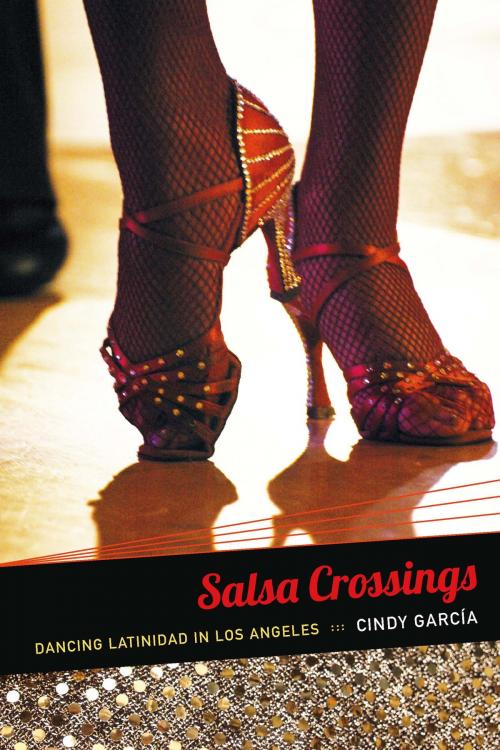Salsa Crossings
Dancing Latinidad in Los Angeles
Nonfiction, Entertainment, Performing Arts, Dance, Popular, Social & Cultural Studies, Social Science, Cultural Studies, Ethnic Studies, Anthropology| Author: | Cindy García | ISBN: | 9780822378297 |
| Publisher: | Duke University Press | Publication: | June 18, 2013 |
| Imprint: | Duke University Press Books | Language: | English |
| Author: | Cindy García |
| ISBN: | 9780822378297 |
| Publisher: | Duke University Press |
| Publication: | June 18, 2013 |
| Imprint: | Duke University Press Books |
| Language: | English |
In Los Angeles, night after night, the city's salsa clubs become social arenas where hierarchies of gender, race, and class, and of nationality, citizenship, and belonging are enacted on and off the dance floor. In an ethnography filled with dramatic narratives, Cindy García describes how local salseras/os gain social status by performing an exoticized L.A.–style salsa that distances them from club practices associated with Mexicanness. Many Latinos in Los Angeles try to avoid "dancing like a Mexican," attempting to rid their dancing of techniques that might suggest that they are migrants, poor, working-class, Mexican, or undocumented. In L.A. salsa clubs, social belonging and mobility depend on subtleties of technique and movement. With a well-timed dance-floor exit or the lift of a properly tweezed eyebrow, a dancer signals affiliation not only with a distinctive salsa style but also with a particular conceptualization of latinidad.
In Los Angeles, night after night, the city's salsa clubs become social arenas where hierarchies of gender, race, and class, and of nationality, citizenship, and belonging are enacted on and off the dance floor. In an ethnography filled with dramatic narratives, Cindy García describes how local salseras/os gain social status by performing an exoticized L.A.–style salsa that distances them from club practices associated with Mexicanness. Many Latinos in Los Angeles try to avoid "dancing like a Mexican," attempting to rid their dancing of techniques that might suggest that they are migrants, poor, working-class, Mexican, or undocumented. In L.A. salsa clubs, social belonging and mobility depend on subtleties of technique and movement. With a well-timed dance-floor exit or the lift of a properly tweezed eyebrow, a dancer signals affiliation not only with a distinctive salsa style but also with a particular conceptualization of latinidad.















